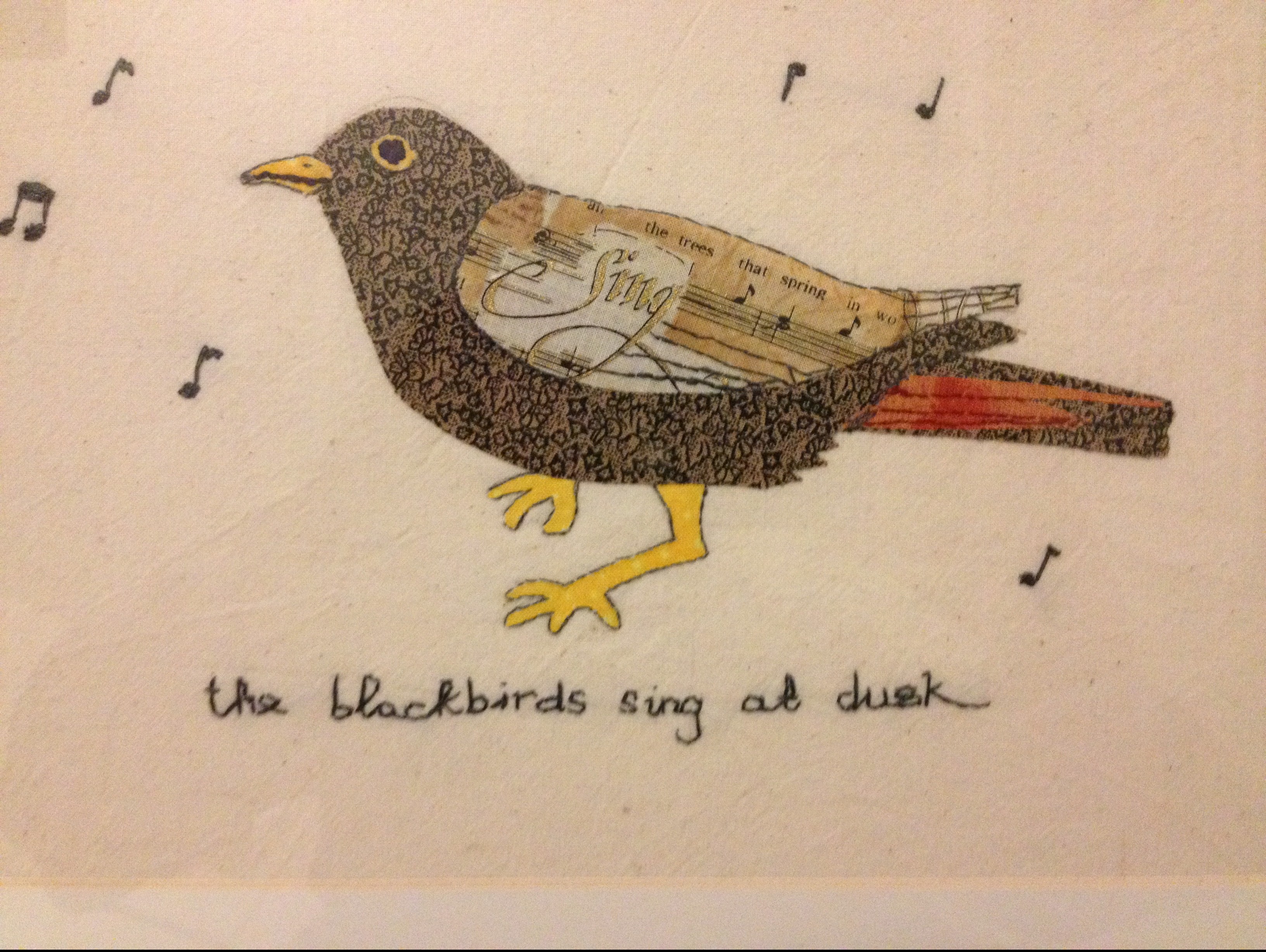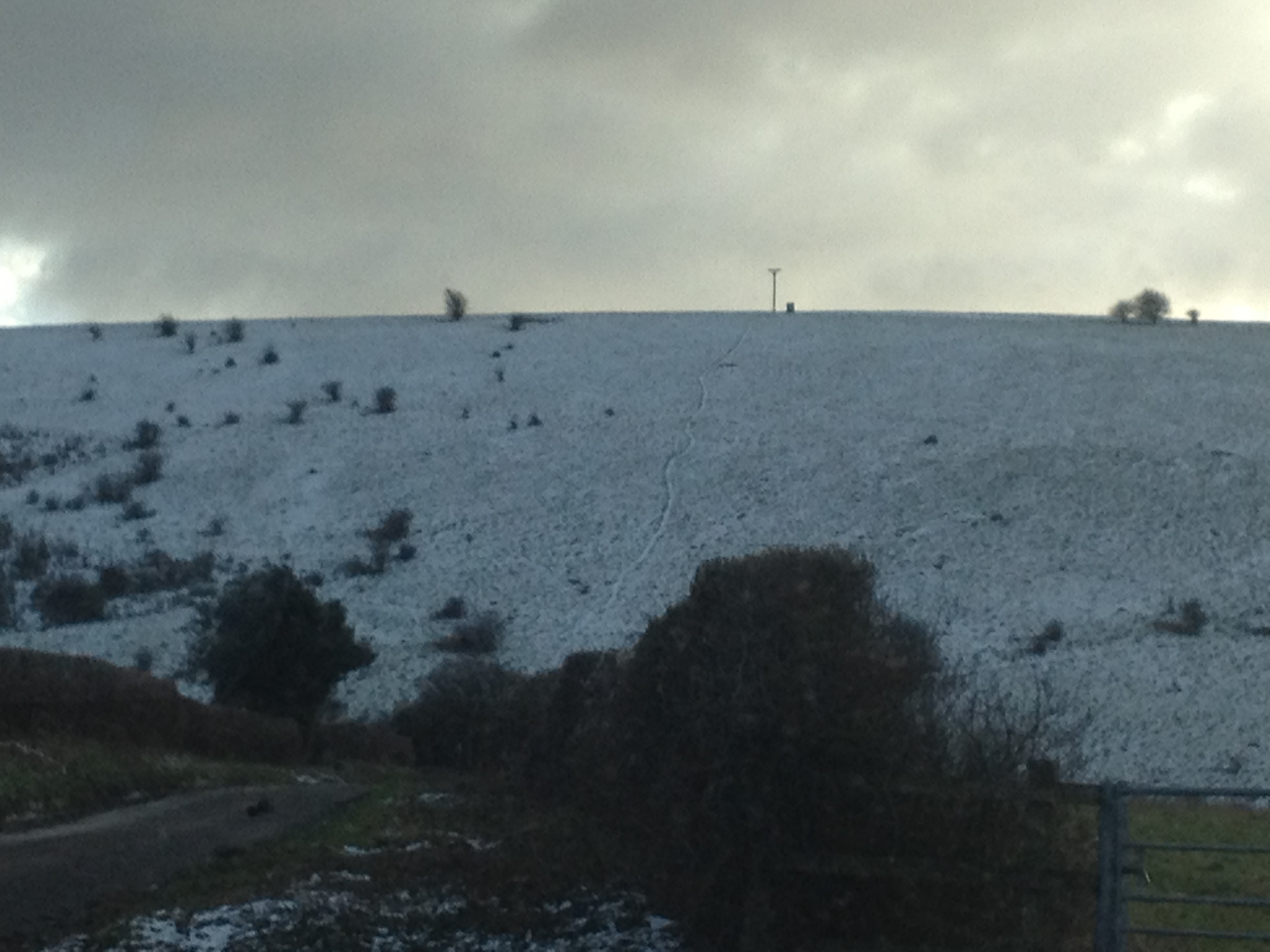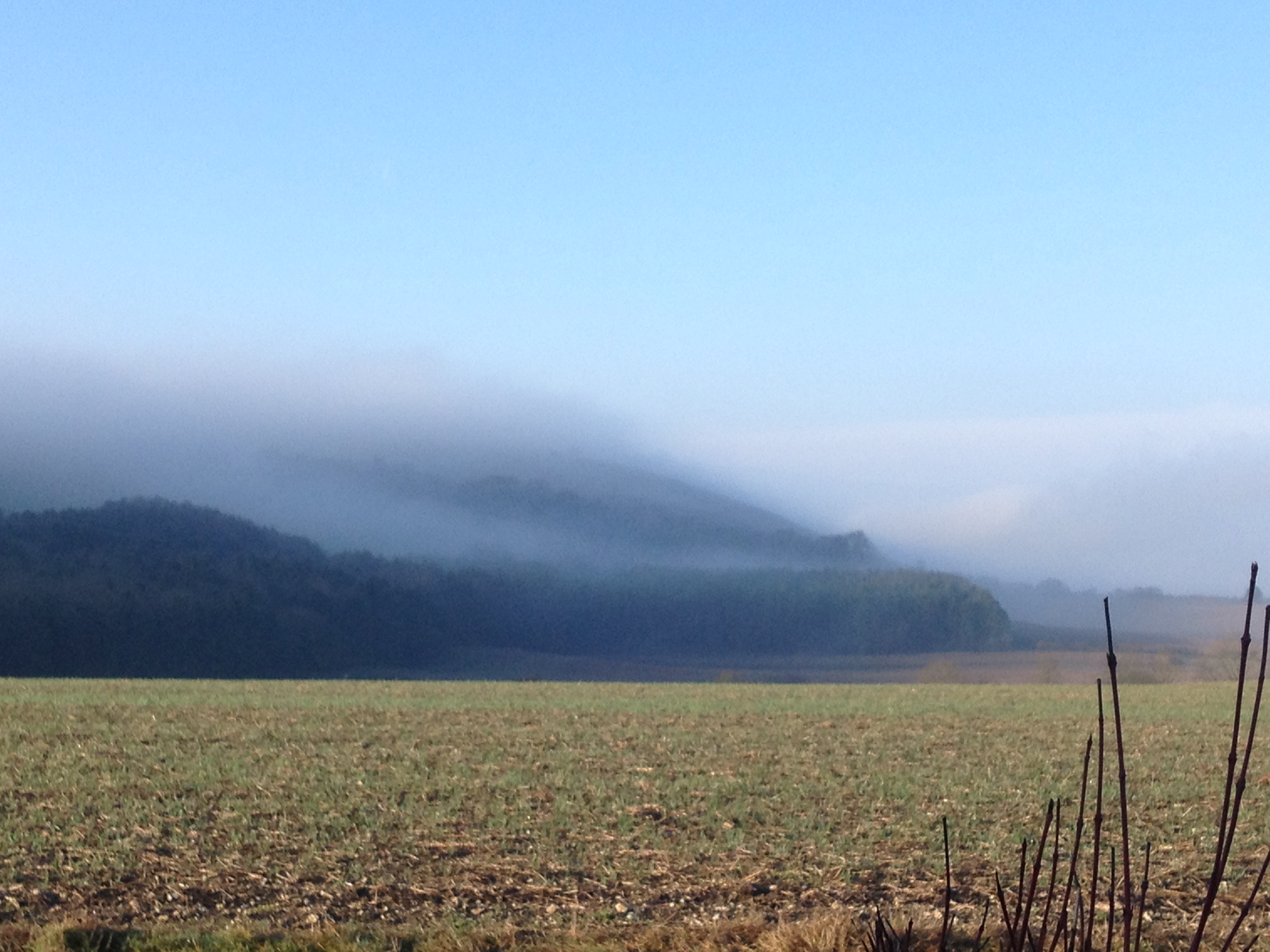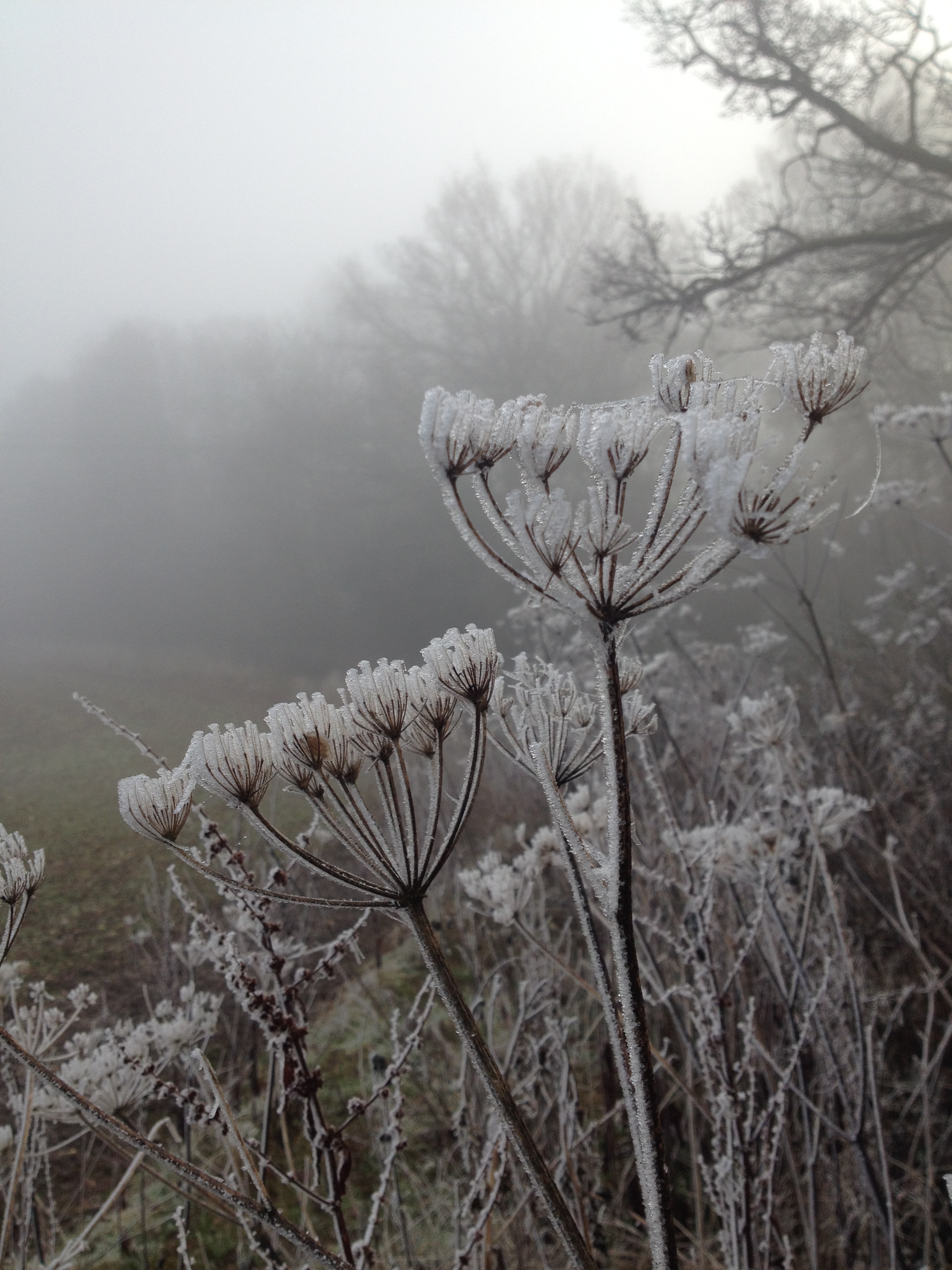Before the Snow.

Winter-spring holds fast at each end and see-saws. One morning, rain strikes the cold plough at 45 degrees, whilst hail big as garden peas comes down straight as a plumb line: conjoined snowflakes fly up and down through it all. A demonstration of the weight of precipitation. The ditches are overflowing and the village pond, is a saucer brimful. Yet, when the sun comes out, it beams off the holly’s glossy waxed leaves, teases the hazel catkins into loosened, lengthened ringlets and relaxes the blackbird’s hunched, puffiness into an outpouring of rich, honeyed song.

Frozen ground offers a reprieve from the mud, but freezes up tap, trough and water buckets. We barrow containers filled from the bathroom across the rutted field. A dalliance of snowdrops is wonderful as snowfall against a grey morning, their hardened tips piercing a way to sun and early bees. Some are remnant cottage gardens of homes long since tumbled down. A snipe jinks up with the sound of tearing fabric; as if it were frozen to the earth. In the place where it was, I expect to find feathers, stuck to the soil; instead, the ground is holed by the rhythmic sewing-machine needle of its long bill, the thread ripped out & gone with it on sharp, zip-zag wings.

I am out on the hill just after dawn. Below, the valley is mist-netted: wreathed in soft, white taffeta. Out in the Land Rover, the untreated stubble is as green with weeds as it is faded gold with short straws. In stark comparison to those empty sprayed fields we cross, skylarks and meadow pipits spring up at our approach and there is the whistle of golden plover. Hares, their haunches coiled like big gear cogs above their low front ends, chase in cautious bursts, raising and lowering their long, sundae spoon ears like crests in a presentiment of boxing matches. The sun comes up and lights on a pussy willow coming into bud. We are flooded with a warmth that is seen, rather than felt. The rising sun picks out the rose breasts of linnets in the gorse as if it had painted them. They blossom the gorse.

There is no wind by evening. The smoke from our neighbour’s chimney inverts strangely: puthering out, then curling back in on itself, like a bridled swan, to pour like surf off the roof and diffuse through the fence. From there, it sends out low, person-sized puffs of smokiness to walk across the field (in the manner of smoke rings). I wait for a gap between them to go and feed the horses. Coming back, the strange procession is still traversing the field. In navy, bosky light, they have become a crowd of grey ladies: some with bent heads, others with trailing skirts or loose hair. The hair prickles on the back of my neck. I take care to trace the ghostly women back to their source, several times.

There is a strange atmosphere that reminds my daughter of the days before the red sun of Storm Ophelia. We watch the sky and the birds for clues. I am grateful for the snowdrops lighting the path home through the woods. The little owl calls persistently for a new mate. Hers died last year. I can make six measured steps between each call, willing her a new mate with each footfall.
Leave a Reply to Lindsey ThorntonCancel reply